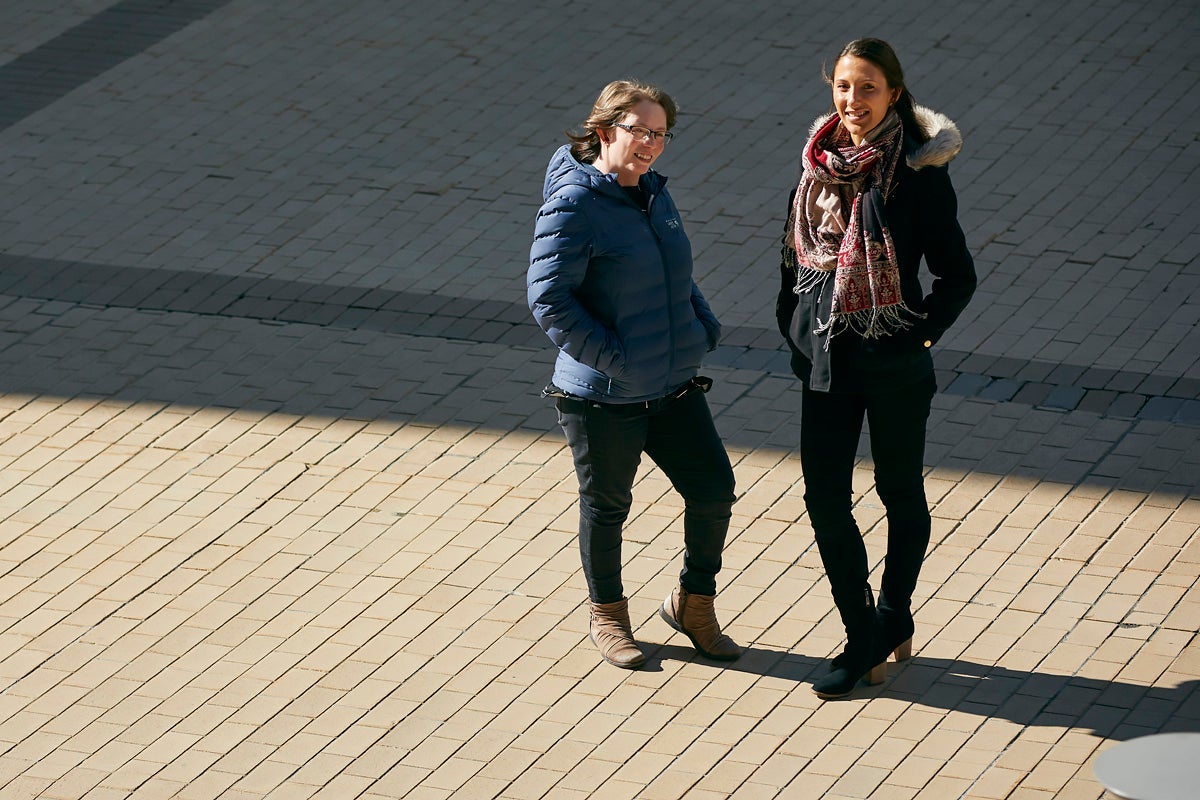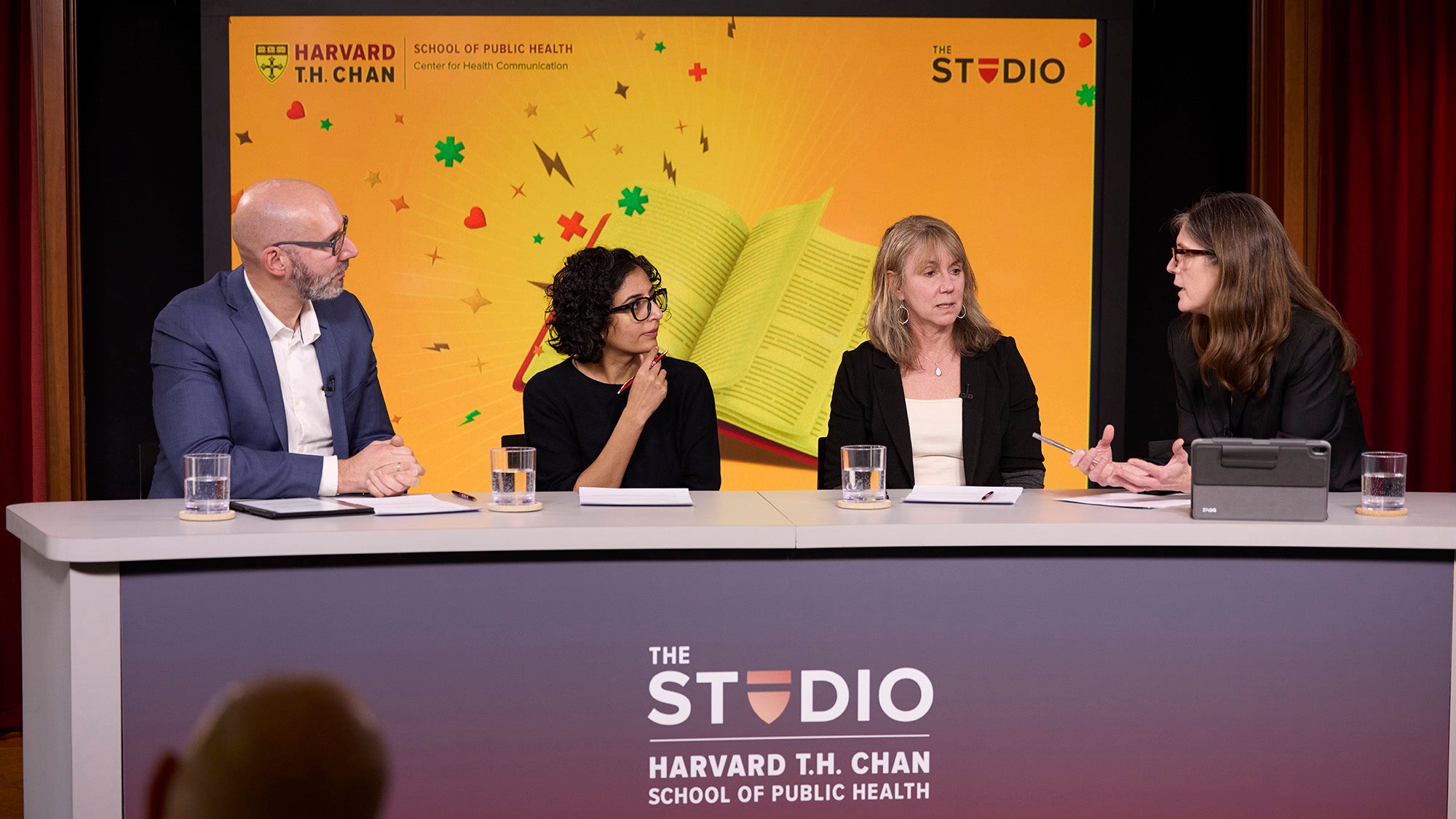Students gain real-world public health experience in CDC evaluation course

February 20, 2020—Harvard T.H. Chan School of Public Health students got a crash course in program evaluation and gained valuable real-world experience at public health agencies during Winter Session in January.
The students were participating in the CDC Evaluation Course, a popular offering run in collaboration with the Centers for Disease Control and Prevention (CDC) and the Association of Maternal & Child Health Programs. During the three-week intensive course, 24 students spent one week at the CDC in Atlanta learning skills such as how to construct a “logic model” for a program—a one-page outline of key components including costs, activities, and desired impacts. They then traveled in teams of two to state and local public health agencies, where they did a deep dive into a particular program and worked with CDC and public health officials to develop an evaluation plan. Students complete plans during their third week, which were then shared with their program’s decision-makers.
The course is co-led by Mary Jean Brown, adjunct assistant professor of social and behavioral sciences at Harvard Chan School and retired chief of the lead poisoning prevention branch at the CDC’s National Center for Environmental Health, and Henning Tiemeier, Sumner and Esther Feldberg Professor of Maternal and Child Health. Brown works with colleagues at the CDC to solicit proposals from agencies that want to work with the students. She said that they typically receive two to three times more proposals than they can accommodate.
Given the course’s short time frame, students work on a narrowly focused piece of a program, such as the substance abuse component of a home-visiting program for at-risk pregnant and new mothers, or an outreach effort to encourage doctors to screen for congenital syphilis in babies. They develop an evaluation “cookbook” for agency staffers that details all the pieces of an evaluation plan, such as guides for focus groups, or recommendations for a cost-benefit analysis. About 80% of the plans are implemented in some form, Brown said, and in some cases, students are invited back over the summer to carry out the evaluation plans they developed.
While working with the students can save agencies tens of thousands of dollars in consulting fees, the course’s appeal is not just about saving money, Brown said. “The students offer fresh pairs of eyes and are very smart. They really dig in. And at the end of the day, they deliver a very high-quality product.”
Sarah Page, MPH ’21, partnered with Lauren Friedman, MPH ’20, on an evaluation plan for Parents as Teachers, an early childhood development program offered by the Alaska Department of Health and Social Services. Despite hitting some bureaucratic roadblocks, Page and Friedman were able to develop a comprehensive plan. In an interview posted on the Department of Social and Behavioral Sciences’ (SBS) site, Page said that one of the course takeaways was that a program evaluation is a collaboration, and communication is critical. She advised future students to “be open to taking in a lot of information.”
Santana Silver, MPH’21, and Karen Jiang, MPH ’21, worked with the U.S. Virgin Islands Department of Health to create an evaluation plan for its Chronic Disease Self-Management Program. Silver said in an SBS interview that the course is a “unique opportunity for academic and personal growth,” and that she took full advantage of the opportunity to meet with public health experts from a variety of fields and roles, and to immerse herself in her project site’s culture.
Learn more
Students in joint School-CDC course ‘bring fresh eyes’ to public health programs
Photo: Kent Dayton


